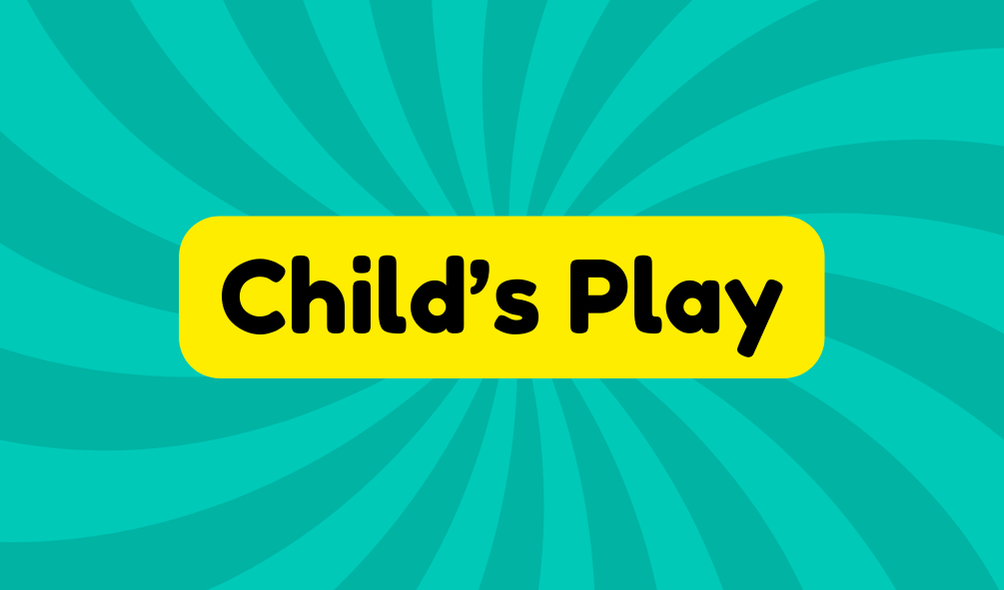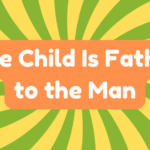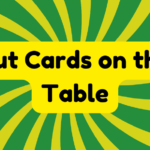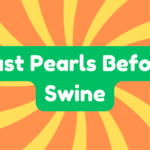"Child's play" means tasks that seem simple or easy to accomplish. The term dates back to the 1300s, highlighted in Geoffrey Chaucer's writings, reflecting how children's games represented simplicity. It often evokes skepticism, suggesting that what might be easy for some can be challenging for others. For example, mastering basic math after calculus can feel like child's play. While the phrase conveys ease, it can also unintentionally minimize real struggles. It's still relevant today, capturing the cultural desire for simplicity in our fast-paced lives. Stick around, and you'll find more insights about its nuances and usage.
Synonyms
When it comes to describing tasks that are exceptionally easy, there are several synonyms you can use. Many seem harmless, but do they truly capture the essence of what we call easy tasks? Consider these alternatives:
- A piece of cake
- As easy as pie
- A walk in the park
While these phrases roll off the tongue, they can sometimes downplay the effort it takes to complete simple challenges. Sure, they might enhance casual conversation, but don't forget that what's trivial for you may not be for others. So next time you hear someone say it's "child's play," remember that simplicity, while appealing, often overlooks the genuine dedication behind those seemingly effortless tasks.
Example of Sentences
Understanding how to use the phrase "child's play" can enhance your communication. It is important to recognize that perceptions of what constitutes "child's play" can vary widely. Here are a few child's play examples that highlight its flexibility:
- Completing basic math problems feels like child's play after mastering advanced calculus.
- Maneuvering through social media platforms may seem like child's play for teens but can baffle older adults.
- Organizing a closet might feel like child's play to some, while others struggle to declutter.
These examples show how easy tasks can shift based on individual skill levels and experiences. Engaging with these varying perceptions allows you to express both understanding and skepticism about tasks that others might trivialize. Ultimately, being aware enhances your communication skills.
Origin
Have you ever wondered where the phrase "child's play" originated? This expression dates back to the 1300s, deeply rooted in the historical context of children's games. Geoffrey Chaucer referenced it in "The Merchant's Tale," suggesting that tasks performed by children were simple for those with superior intellect. The phrase's origin significance lies in its implication that certain challenges aren't demanding when tackled by the skilled or knowledgeable. While it conveys ease, don't overlook the subtle condescension it can carry, especially when dismissed as trivial by those in power. Consequently, while it seems innocuous, "child's play" raises questions about our perceptions of effort and intelligence—might you be underestimating someone else's struggles when you casually use it?
Collocations
There are several common collocations associated with the phrase "child's play" that enhance its meaning and usage in everyday language. Recognizing these can deepen your understanding of how this expression interacts with simple tasks. Here are a few examples that might resonate with you:
- Child's play compared to advanced challenges – it highlights expertise.
- Child's play in the professional world – it signifies effortless skill.
- Child's play as a daily routine – it underscores the mundane.
Each of these collocations shows that while some activities may seem trivial to one person, they can be complex for another. It's important to remember that "child's play" doesn't always mean tasks are genuinely easy; sometimes, it's a matter of perspective and capability.
How to Use in Everyday Language
When tackling daily tasks, incorporating the phrase "child's play" can inject a sense of ease into your conversation. It helps frame what might seem challenging as manageable, giving a fresh perspective. You can use it in various everyday contexts, making it a versatile, lighthearted expression.
| Task | Example Use | Context |
|---|---|---|
| Cooking a simple dish | "Making pasta? That's child's play." | Dinner with friends |
| Fixing a leaky faucet | "Fixing that faucet? Child's play!" | Home improvement |
| Solving a math problem | "This equation is child's play!" | Tutoring session |
This phrase can foster a casual atmosphere, but remember to gauge your audience; using it can inadvertently belittle others' struggles.
Why Is It Still Relevant Today?
The phrase "child's play" remains relevant today because it captures a sense of ease and simplicity that resonates in our fast-paced lives. In an age marked by complexity, its modern usage reflects our desire to simplify challenges. This expression holds cultural significance, helping us navigate expectations of difficulty versus capability. However, while it often serves as lighthearted commentary, it can also unintentionally undermine genuine struggles. By recognizing this duality, you can better appreciate how the phrase evolves, reminding us that not all tasks are trivial for everyone. It's essential to discern when to use "child's play" to maintain empathy and clarity in communication. The balance between innovation and understanding often defines our interactions today.







